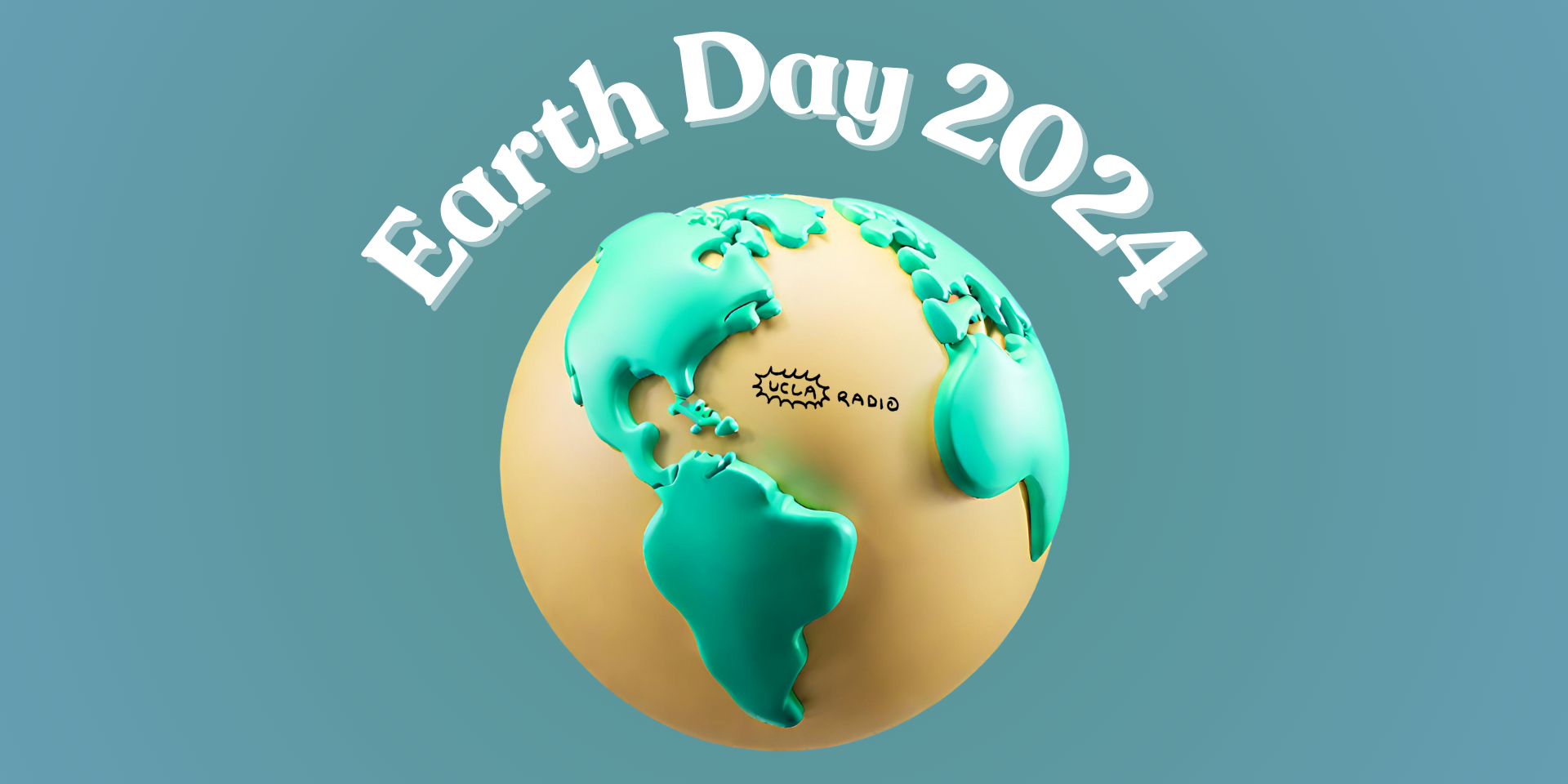This Earth Day, we asked our Digital Press team: “What does sustainability mean to you?” As the Reef Authority issues its 2024 survey map, displaying devastating amounts of coral reef bleaching, and as the Earth continues to become warmer and more littered by the minute, this Earth Day, it is imperative for us to consider the relationship we hold with this planet we call home. More than ever before, we must demand changes to be implemented in favor of our shared ecosystem and not for greed. We call on our readers to become more conscious of their relationship to their environment. If you have ever taken a beautiful sunset pic, appreciated a deep breath of fresh air, trekked a stunning hike along Runyon, or whatever else, please consider donating your time or any resources available to you to help support the fight for our beautiful planet.
Ali says: One of the most profound relationships in my life has been with Nature herself. She is a constant force of wisdom in my life, a companion I confide in in moments of confusion, fear, anger, sorrow, and bliss. In the mornings, I like to pretend that every tree and cherub bush I pass by on my way to work or class is saluting me with their branches, telling me to have a good day and that they are supporting me. Personifying Nature as the physical embodiment of nurturing energy helps me consider her more compassionately. I ask myself: how can I help give back to Nature what it gives to me? What can be more priceless than her infinite generosity, her abundance in the oxygen that sustains our lives? On this Earth Day, I am taking a pause and immersing myself in nature’s protective and grounding hands, reminding myself that she is separate from her carnal spawn and the actions they take, humans that continue to ignore her biggest lesson: abundance means every living creature can live in bliss and harmony. I, for one, hope that Nature will choose herself if it comes to it, for better or worse.
Dana says: When I think about coupling music and sustainability together, I think of Gorillaz’s third album Plastic Beach. It talks about climate change, over-consumption, and recycling in a way that feels more melodic than preachy. Frontman Damon Albarn was inspired from a trip to Mali where he saw a garbage plant and how various wildlife were living within the garbage as a second home – much different from the soulless rubbish bins in England. He realized that garbage isn’t against nature; nature created garbage, and so they are more like a mother and child within a dysfunctional relationship. Albarn’s words still ring in my ears four years after I first heard Plastic Beach. I stare out of car and train windows and let the electronica and trip hop beats flow from my earbuds to my eardrums. I think of ways that I can use nature’s resources in my everyday life and how to inform my friends of the potential waste that they could eliminate. Although being an album about dreading what the world has come to in terms of keeping our land clean, it still gives me hope. Hope that someday people will abandon their wasteful lifestyles in favor of rebuilding their relationship with Mother Earth.
Dylan says: Donald Glover, also known by his musical pseudonym Childish Gambino, has never been one to shy away from political commentary in his art, and “Feels Like Summer” is no exception. The song’s upbeat, tropical sound juxtaposes the harsh reality embedded in its writing. Glover starts by singing about the summer heat and describing a woman who feels like summer to him, until the lyrics take a sharp detour. In the second verse, he laments, “Every day gets hotter than the one before / Running out of water, it’s about to go down” and “Birds were made for singing / Waking up to no sound.” Suddenly, the idyllic image of a carefree summer day transitions into a frightening depiction of our bleak reality. Throughout the song, Glover repeats, “I’m hopin’ that this world will change / But it just seems the same.” The repetition of this line emphasizes a sentiment that is relatable to many of us, as it’s easy to feel hopeless and helpless in the face of such a larger-than-life problem that’s being perpetuated by world governments and massive corporations.
Though it can truly feel like the odds are stacked against us, I still do my part. I conserve water, I thrift my clothes, I use paper straws, and I don’t eat meat. These “sacrifices,” however, do nothing to worsen my own quality of life, and only benefit the environment. Though the changes I have made in my own lifestyle seem marginal in comparison to the enormity of our environmental problems, I can at least take solace in the fact that I am doing what I can.
Sustainability, to me, means slowing down, consuming less, adopting an environmentalist lens, and taking back a semblance of control in the face of the climate crisis, rather than letting my anxieties consume and immobilize me. I could resign myself to the thought that I’m not making a difference, and wait for the big oil and gas tycoons to suddenly cut off their own sources of income after having a selfless revelation, or I could do what I can, knowing that if every ordinary person on the planet were making any little change they could, the ripple effect of our collective efforts would make waves. If we don’t believe that the giant corporations that caused the climate crisis are going to change anytime soon, then we have to be the change.




